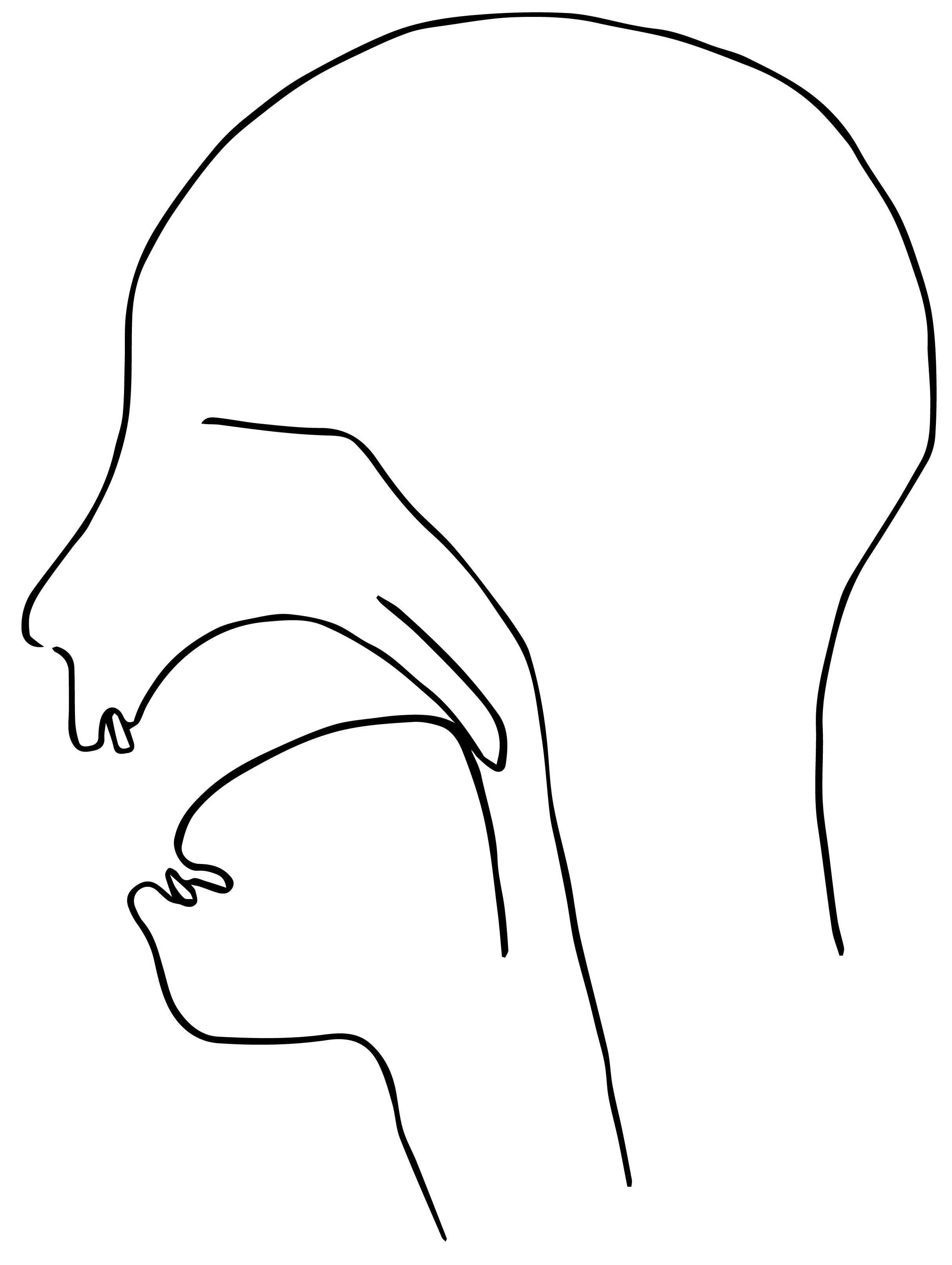How to Pronounce NG in a British Accent: A Complete Guide
If you’ve ever wondered how to pronounce NG in a British accent, you’re not alone. This tricky sound often trips people up—especially if you’re learning Standard Southern British English (a modern variant of RP, or Received Pronunciation).
In this guide, I’ll break down exactly how to form the NG sound correctly, highlight common mistakes to avoid, and give you practical exercises to make this part of your accent feel natural.
Whether you’re working on your British English pronunciation for personal confidence or professional clarity, this is a key sound to master.
What Is the NG Sound?
The NG sound is represented phonetically as /ŋ/. It’s a nasal consonant where the back of your tongue touches the soft palate (the velum).
In Standard Southern British English (RP):
There’s no hard G sound after NG at the end of words.
The sound is made with the back of the tongue high in the back of the mouth, touching the soft palate.
This sound appears in words like:
sing
king
strong
Notice how there’s no extra “guh” at the end.
How to Pronounce NG at the End of Words
Raise the back of your tongue so it touches the soft palate (like when you make a “k” sound).
Keep the tip of your tongue down behind your lower front teeth.
Let the air flow through your nose to make it resonate.
Avoid this mistake: Adding a hard /g/ at the end of words. For example: saying “sing-guh” instead of “sing”.
Tip: Think of rhyming sing with king, keeping it smooth.
How to Pronounce NG in “-ing” Suffixes
When adding “-ing” endings (e.g., walking, asking, dancing), the NG sound stays exactly the same:
The back of your tongue touches the soft palate.
There’s no hard G sound.
Common mistake: Some speakers pronounce the ending as /n/ instead of /ŋ/, saying “walkin” instead of “walking”.
Solution: Focus on rhyming “walking” with “king” rather than “kin.”
How to Pronounce NG in the Middle of Words
Here’s where it gets interesting.
In most words, like finger or anger, the NG is followed by a pronounced hard /g/:
finger = /ˈfɪŋɡər/
anger = /ˈæŋɡər/
But there are exceptions. In words like singer or banging, the G is silent:
singer = /ˈsɪŋər/
banging = /ˈbæŋɪŋ/
Quick test: If the root word ends in NG (like sing), and you’re adding a vowel-based suffix, the G is usually silent unless the root word is an adjective like ‘young’, ‘long’ or ‘strong’.
Practice Sentences
Try these out loud, focusing on keeping the NG sound smooth (use the video below to listen and imitate):
I’ve been asking Andrew to clarify the emailing and filing policies for months.
Wearing Lycra and dancing madly is not something I feel comfortable doing in public.
We walked along the river in Kettering on Sunday and it was snowing like mad.
They rang every hour yesterday – I’m going crazy! It’s alarming! It’s infuriating!
Why Mastering NG Matters
This subtle sound is one of the hallmarks of particular British English accent.
If you’re serious about improving your pronunciation, start practising NG daily. Small, consistent changes lead to big improvements over time.
Want to Master Every British English Sound?
If you’re ready to go deeper, my British English Pronunciation Roadmap ebook is a comprehensive guide to mastering every sound in Standard Southern British English. It includes:
324 pages of expert guidance
12 hours of audio for practice
Step-by-step techniques to refine your accent
Discover the ebook here
FAQs About the NG Sound
What is the NG sound in British English?
It’s a nasal sound where the back of the tongue touches the soft palate. In Standard Southern British English, there’s no hard /g/ after NG at the end of words.
Why do some people say “walkin” instead of “walking”?
This happens when speakers replace the /ŋ/ sound with an /n/ sound. Practise keeping the tongue in the back of the mouth for /ŋ/.
Do I always drop the G after NG?
Not always. In words like finger and anger, the G is pronounced. But in words like singer and banging, the G is silent.
How can I practise NG in this accent?
Start by repeating words like king, sing, long and focus on keeping the back of your tongue raised. Then move on to full sentences.
Final Thoughts
The NG sound might seem small, but mastering it can dramatically improve the clarity and accuracy of your accent.
Focus on tongue placement.
Avoid adding a hard G at the end of words.
Practise little and often.
Want a guide to make mastering British English sounds simple?
Ashley Howard is a UK-based voice coach with 18+ years of experience helping professionals and individuals develop clear, authentic, and confident communication.


